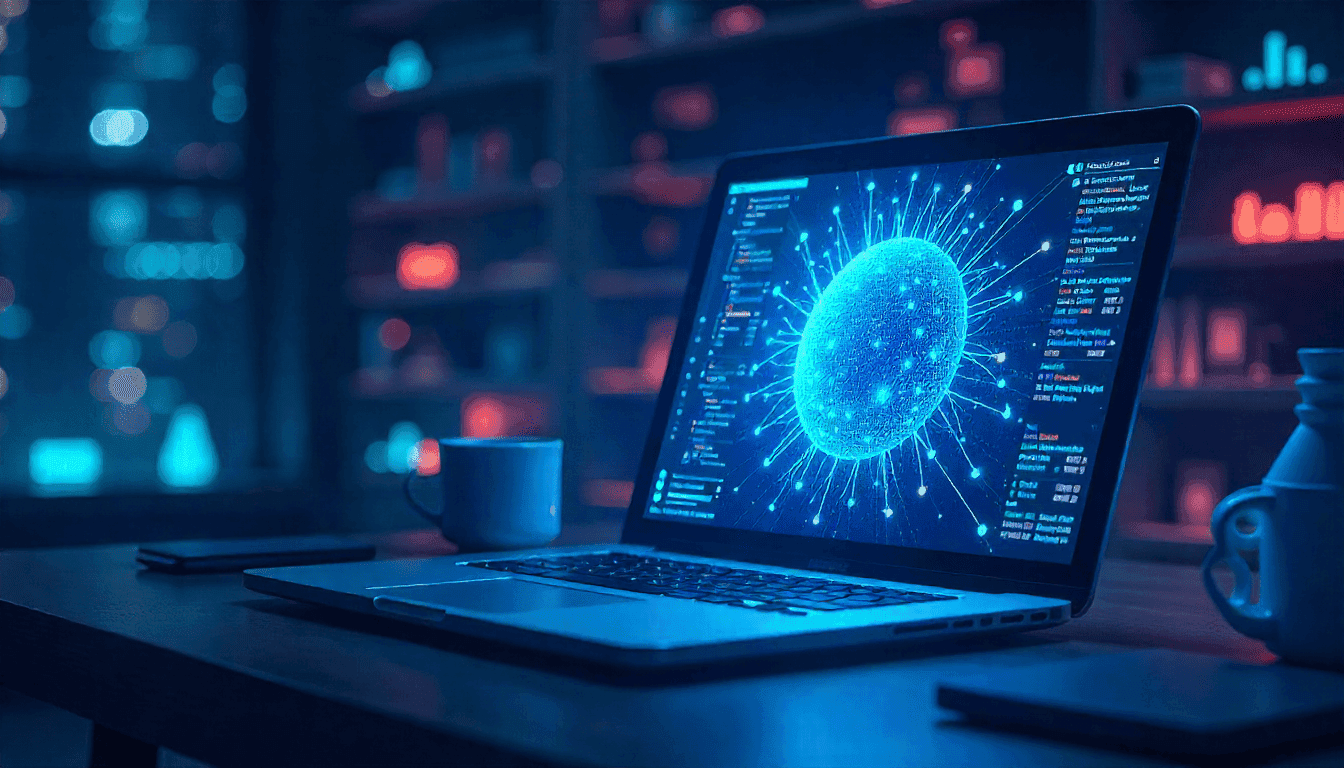A few months ago, I asked ChatGPT to generate a REST API in Laravel. In seconds, it produced code that would’ve taken me a full morning. I stared at my screen, half amazed, half terrified. Was this the beginning of the end for traditional programming?
Every decade, we claim “programming is changing,” but this time it’s different. AI is not just a new tool — it’s becoming a co-pilot, a collaborator, and in some cases, the coder itself. From GitHub Copilot to OpenAI’s Codex, the boundaries between human intent and machine execution are blurring faster than we imagined.
So, what does this mean for developers? Will code become obsolete — or will coding evolve into something even more powerful?
Background & Context
Programming began as a cryptic art — commands typed in punch cards, then lines of logic written in structured languages. Over time, abstraction simplified everything: assembly to C, C to Python, Python to APIs. But the last leap — from logic to language — is powered by AI.
According to Gartner’s 2025 report, by 2027, over 65% of applications will be built using AI-assisted or low-code tools. And McKinsey predicts AI copilots could automate 20–45% of developer tasks within the next decade.
What’s driving this revolution?
- Generative AI models like GPT-5 and Claude can understand intent and context.
- Natural language programming enables you to “ask” for code instead of writing it.
- Low-code ecosystems are bridging non-technical users and engineering teams.
Together, these forces are rewriting the definition of programming itself.
Case Studies / Real-World Examples
1. GitHub Copilot: The Developer’s AI Pair Programmer
Launched in 2021 and now used by millions, GitHub Copilot helps developers write 55% of their code faster, according to GitHub’s own productivity data. It auto-suggests code snippets, refactors functions, and even explains logic.
But developers quickly realized it’s not perfect — it’s brilliant for patterns, weak on judgment. As one engineer put it, “Copilot doesn’t replace thinking — it replaces typing.”
2. Replit’s “Ghostwriter” — The Code That Teaches Itself
Replit, a cloud-based IDE, uses Ghostwriter to turn text prompts into working applications. Beyond autocompletion, it can debug code and learn from project context. In classrooms, students now learn concepts before syntax — because AI handles the syntax.
3. Salesforce Flow & Microsoft Power Apps — The Low-Code Revolution
Enterprise teams are building dashboards, automation, and integrations without a single developer line. Gartner calls this “citizen development” — and predicts that by 2030, non-developers will outnumber traditional programmers 3:1 in active app creation.
Personal Experience / Lessons Learned
As a developer, I once prided myself on elegant syntax — on writing functions so clean they felt poetic. But over time, I’ve realized the craft isn’t about typing code; it’s about solving problems.
When I started using Copilot, I resisted. It felt like cheating. But soon, I noticed something: AI didn’t replace my skill — it amplified it. I spent less time debugging and more time thinking strategically. My workflow shifted from “How do I build this?” to “What should I build next?”
That’s when it hit me: the future of programming isn’t about the lines we write — it’s about the ideas we bring to life.
Deep Dive / Key Insights
1. Programming Is Becoming Intent-Based
Developers will soon describe what they want instead of how to build it. Imagine saying, “Create a login system with OAuth and email verification,” and your IDE handles everything.
Insight: Future developers will act more like architects — defining logic, goals, and outcomes — while AI builds the scaffolding.
2. The Human Touch Still Wins
Even with AI, empathy, creativity, and product sense remain irreplaceable. The best code doesn’t just run — it resolves human needs. Understanding users, workflows, and trade-offs will remain core to great engineering.
Insight: The developer of the future needs design sense as much as syntax knowledge.
3. The Rise of Collaborative AI Teams
We’re moving toward multi-agent development: one AI handles front-end layout, another handles APIs, and another runs tests. Humans will orchestrate this swarm — like conducting an orchestra, not playing each instrument.
Insight: Coordination and system thinking will be the defining skills of next-generation engineers.
Practical Takeaways / Actionable Advice
- Learn to prompt effectively. Prompt engineering will become a key developer skill.
- Focus on architecture, not syntax. Design thinking will matter more than memorizing language rules.
- Stay human. Creativity, judgment, and empathy will separate you from machines.
- Use AI as a co-pilot, not a crutch. Always review, refactor, and understand your generated code.
Our Take
The future of programming isn’t about losing control — it’s about gaining perspective. AI will handle the repetitive; humans will handle the remarkable. Developers who adapt to this hybrid future — combining strategy with creativity — will lead the next software revolution.
Wrap-Up (Conclusion)
The day may come when you don’t “code” at all — you’ll converse with your IDE, sketch flows, and guide an AI team that builds entire systems in hours.
But the essence of programming — solving problems through structured creativity — won’t vanish. It’ll evolve.
So the real question is: are we ready to stop writing code and start designing intelligence?
